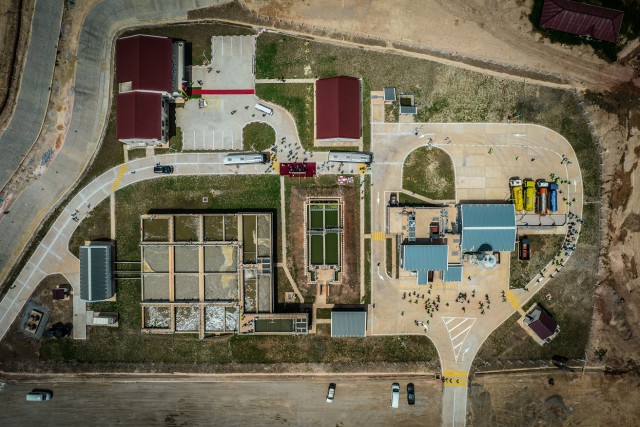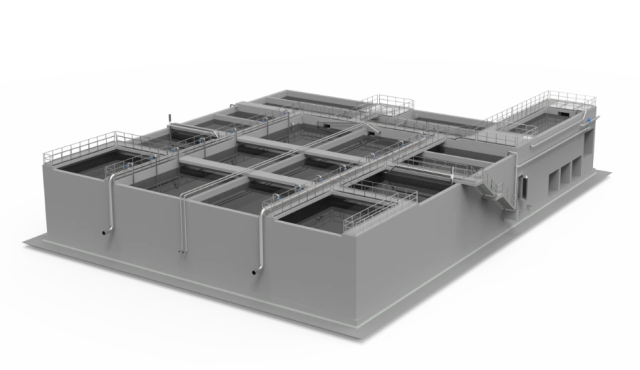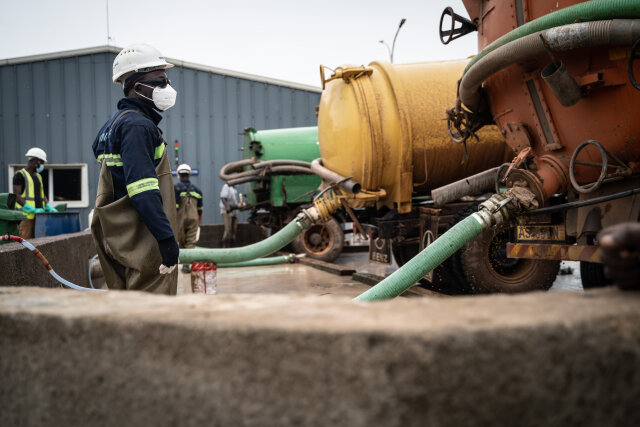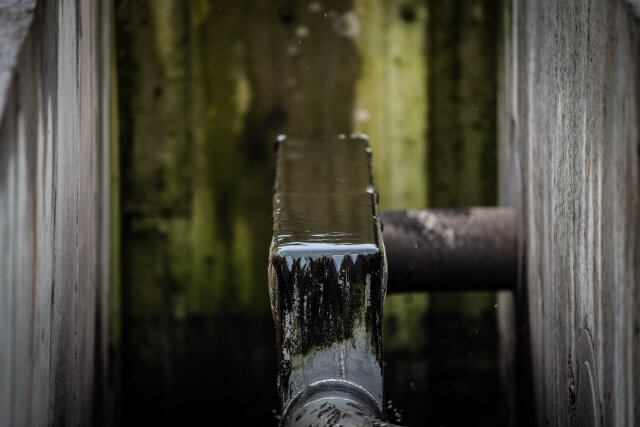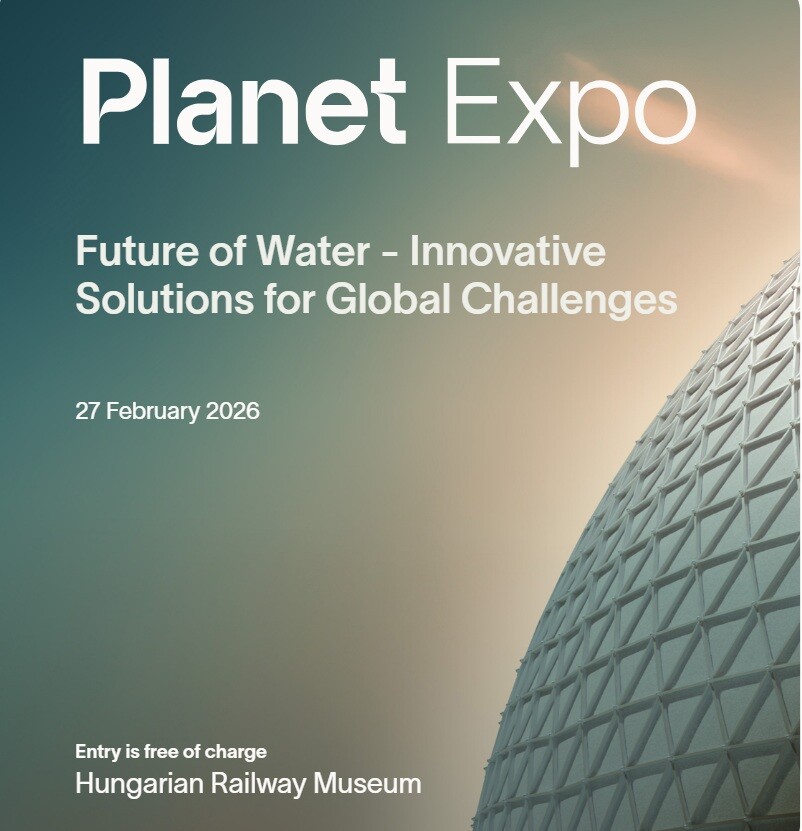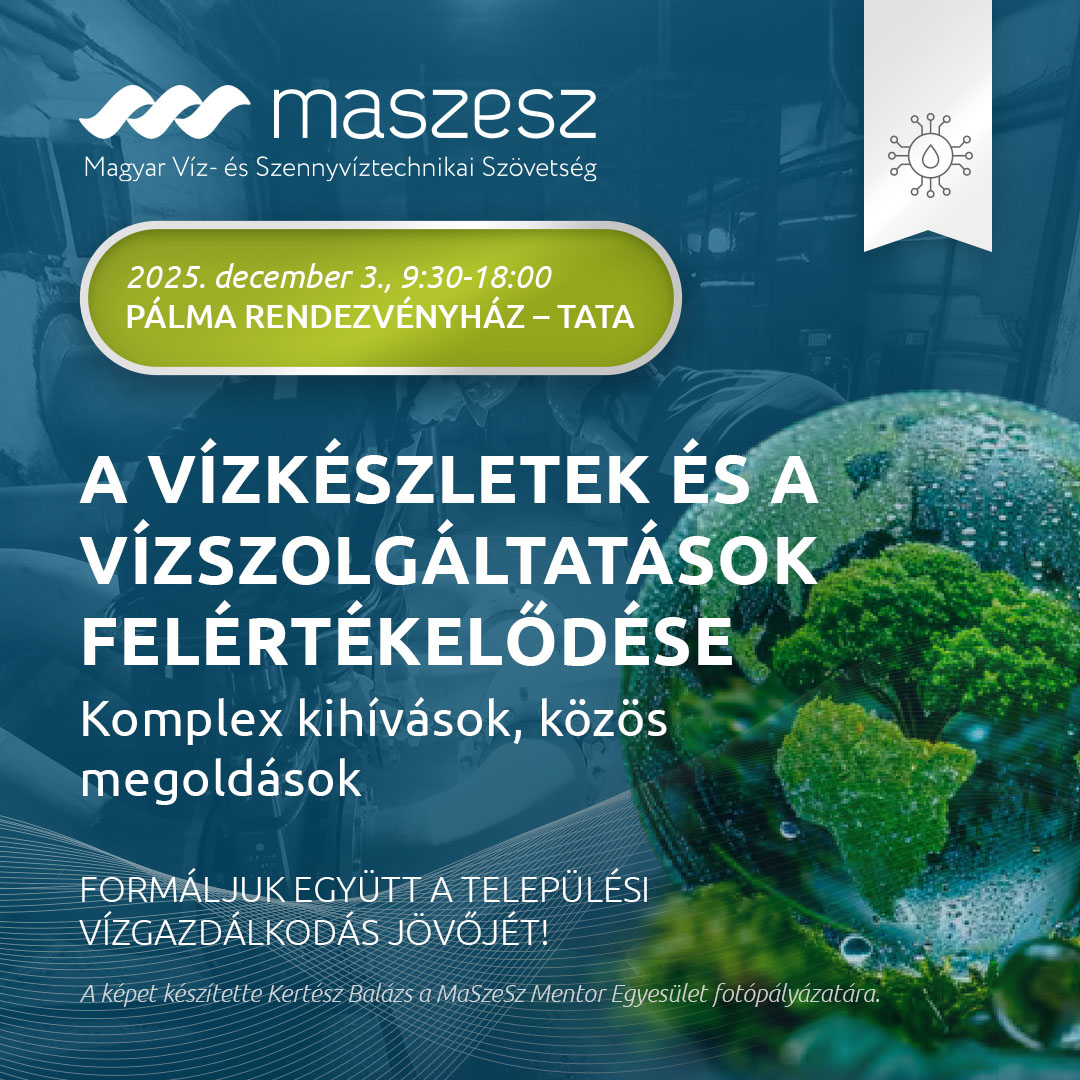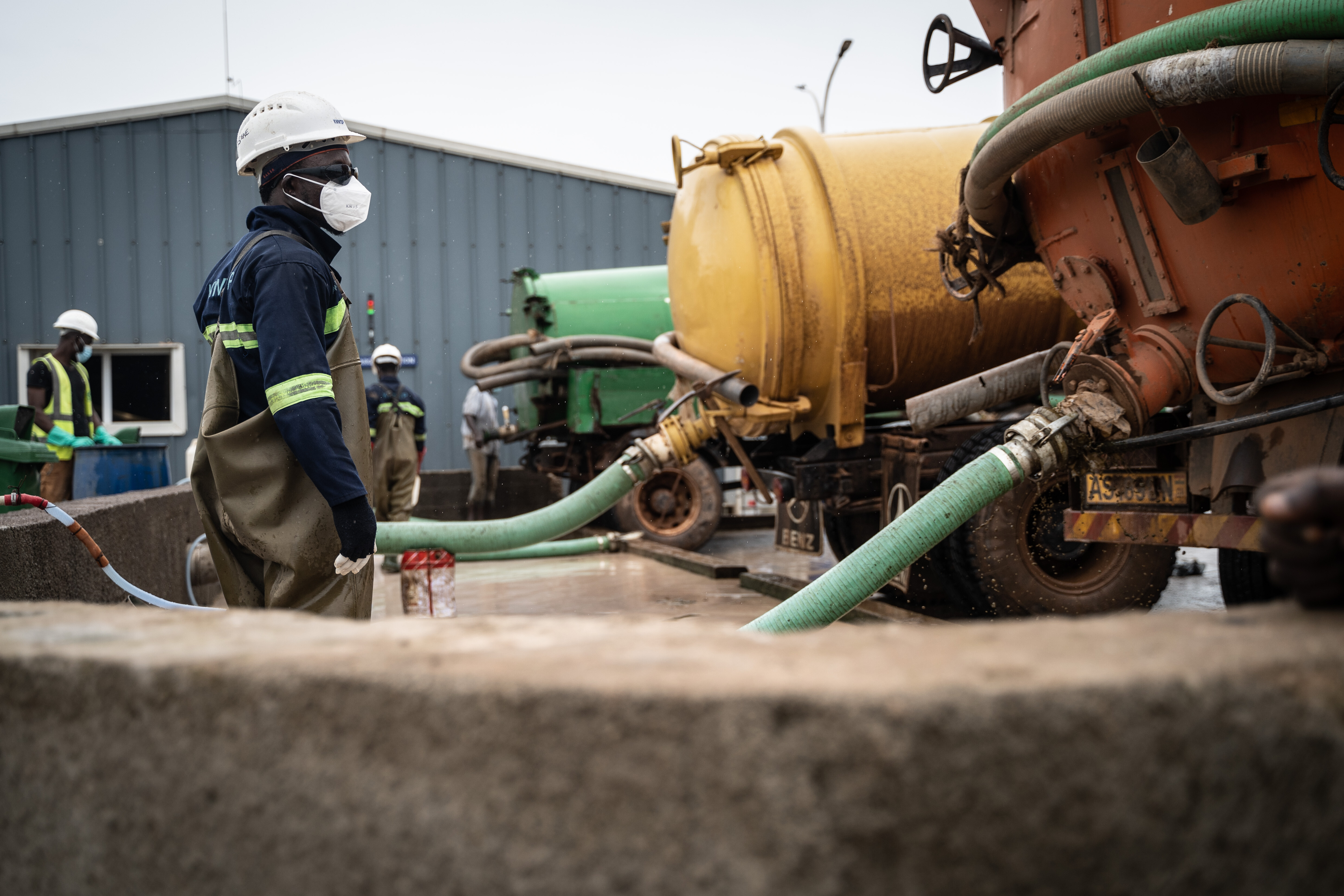
The United Nations listed Septopure® technology among UN Acceleration Action initiatives as an affordable wastewater treatment technology to treat 100% liquid waste (faecal sludge).
If the EU WFD model for water infrastructure development is expected to be put in place in countries, and regions where no sewer network exists, the cost of this (20+ thousand Billions USD) is non-financeable from the available resources due to the affordability limitations (3% of the family income). Developing collection pipeline networks would make up 80-90% of a given project.
In these cities where the construction of sewer network is not possible (due to financial and other reasons), but the generated wastewater must be treated to avoid environmental and health problems, near-to-consumer technologies (Septopure® technology) can be the solution to treat 100% liquid waste in a safe but affordable and sustainable way.
Septopure® technology can be constructed from an investment value of less than €45 per capita instead of €1,000 – 4,500 per capita for the EU standard “nearly full scale” sanitation utility infrastructure.
The technology can offer a return on investment and operating costs of less than €10 per person per year instead of the €50-100 per person per year operating costs in the case of “nearly full scale” solutions.

This solution will be sustainable through the complete and orderly collection of the liquid waste concentrate and its treatment for reuse as a living water catchment and for reuse as process water and/or irrigation water.
Two solutions from the Pureco Group have now been added to the list of technologies that help accelerate the UN Sustainable Development Goals. Previously, the Group's solution to the drinking water challenge, the PurAID® mobile drinking water purification system, was included in the list of certified solutions.
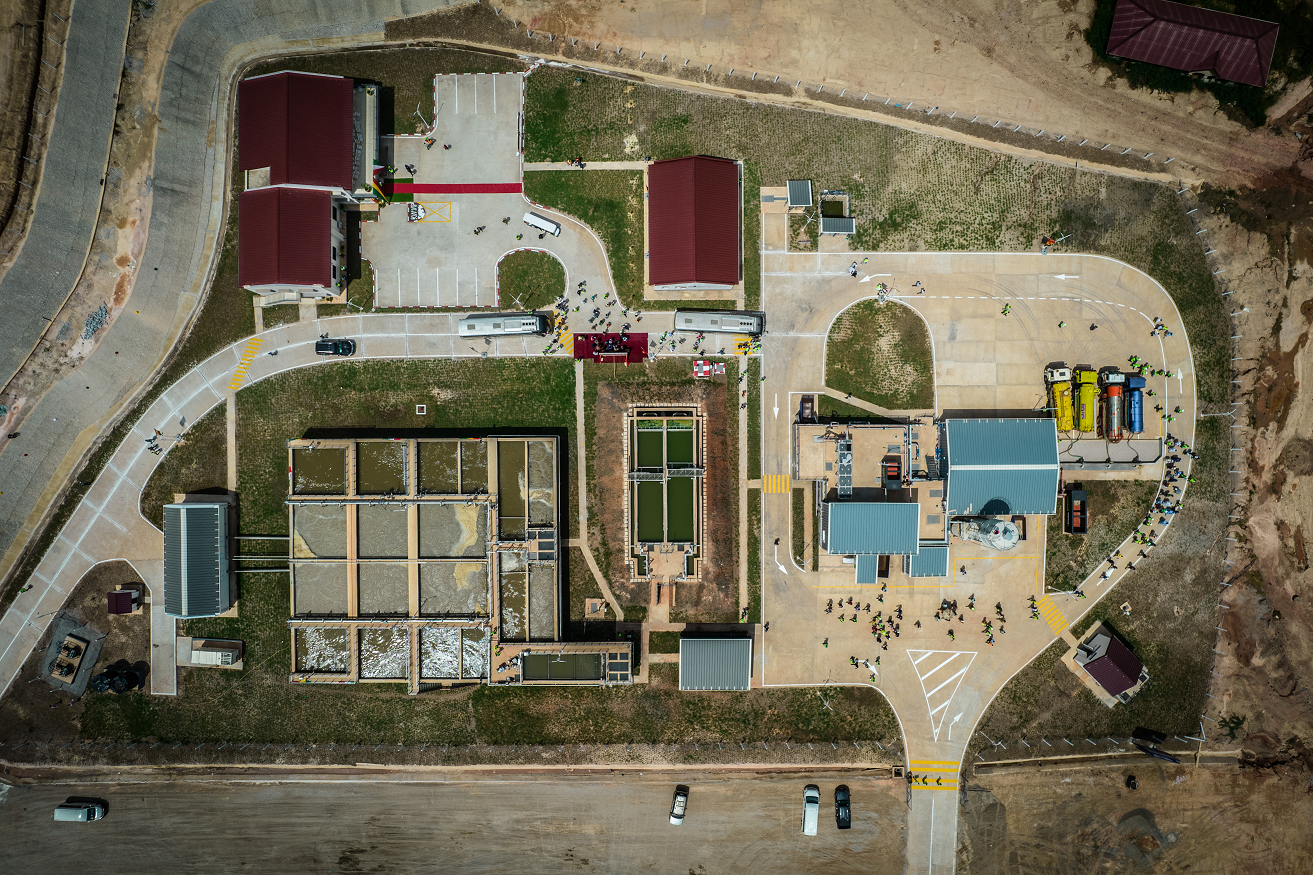
These solutions (PurAID®, Septopure®) were the basis of the affordable, sustainable and bankable solutions outlined by János Áder, member of the Water and Climate Leadership Board at the UN Water Conference and its side event organised by the Hungarian Water Partnership (HWP). The application and widespread uptake of these near-to-consumer technologies can help solve the most pressing WASH challenges.

